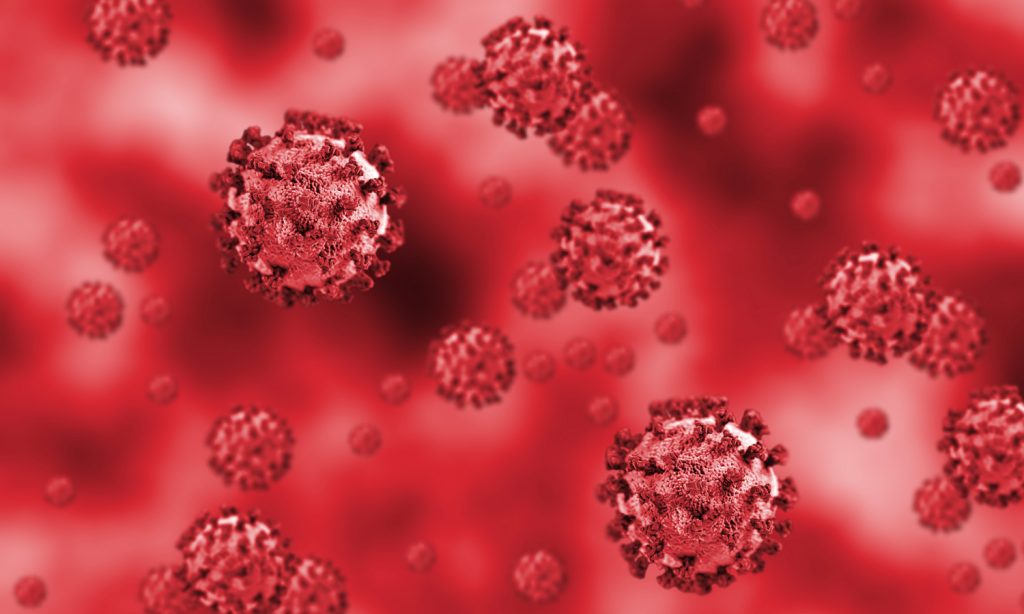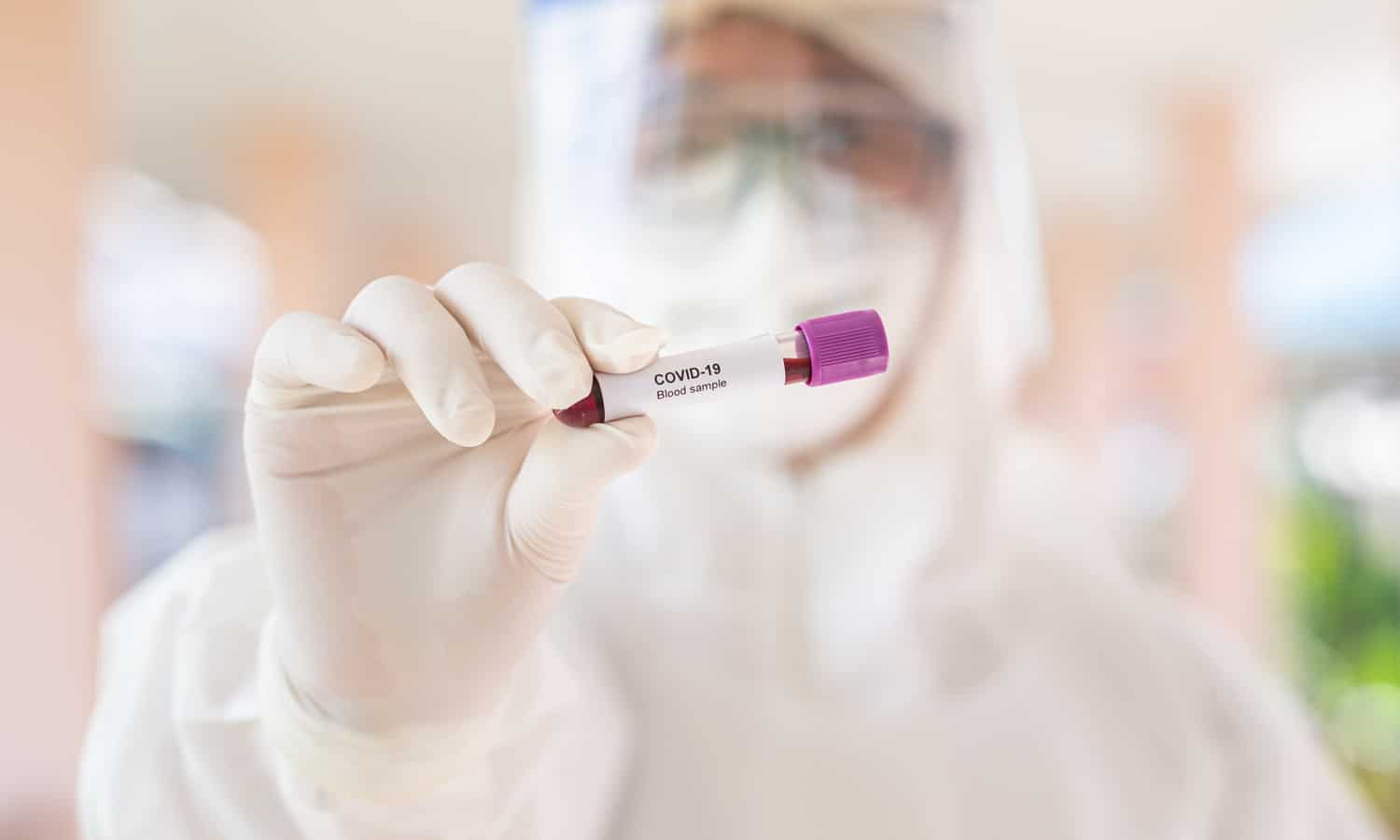Researchers believe that some people may develop diabetes for the first time due to contracting severe COVID-19. Here’s how cannabis may help.
There are some new, unanswered questions about the busy intersection of COVID-19, the risks of diabetes, and the potential efficacy of medical marijuana in treatment.
The medical community is becoming increasingly vocal in the push to investigate the therapeutic properties and side effects of cannabis and its synthetic counterparts- especially given the current health crisis. Medical marijuana is a synthetic form of the active ingredient in marijuana, tetrahydrocannabinol (THC).
Currently, 19 states and the District of Columbia have legalized THC for medical use, and legislation is pending approval in 10 other U.S. states. One estimate puts the number of medical marijuana users at 2.5 million. There is a rise in state legalization, where recreational marijuana is gaining accessibility as well.
Some research has found a decreased prevalence of diabetes among marijuana users, while others found lower fasting insulin levels in those who imbibe.
Researchers believe that some people may develop diabetes for the first time due to contracting severe COVID-19. These researchers have set up a registry for reported cases, to investigate the possible link, and to inform future treatment.
The specialists have set up the CoviDiab Registry to gather data on the problem from doctors to establish its extent and how best to treat it.
RELATED: Using Medical Marijuana To Treat Diabetes
“Diabetes is one of the most prevalent chronic diseases, and we now realize the consequences of the inevitable clash between two pandemics,” says Francesco Rubino, professor of metabolic surgery at King’s College London in the United Kingdom and co-lead investigator of the project.

Understanding the study
An initial study published in early 2019 in the American Journal of Medicine found a link between moderate blood sugar levels, waist size, and body mass index (BMI) scores after the study used data from the National Health and Nutrition Examination Survey.
Dr. Murray Mittleman is the Professor of Epidemiology at the Harvard TH Chan School of Public Health and the Associate Professor of Medicine at the Harvard Medical School. She stated, “Ours is the first study to investigate the relationship between marijuana use and fasting insulin, glucose, and insulin resistance.”
Dr. Mittleman told Healthline News in 2019 that the mechanisms at work showing possible correlations between the past use of marijuana and its resulting diabetics changes were still not entirely clear.
One noteworthy aspect of new research is how diabetes can increase the risks of COVID-19. But there is also another risk that people may develop diabetes when the body’s ability to regulate blood glucose levels breaks down. It can either result from damage to beta cells in the pancreas that produce the hormone insulin, known as type 1 diabetes, or from the body becomes insensitive to the hormone, which leads to type 2 diabetes.
RELATED: Did Scientists Cure Type-1 Diabetes?
There was separate research this year during the pandemic that showed another link. In a letter published earlier this month in the New England Journal of Medicine (NEJM), a panel of 17 global diabetes specialists pointed to the fact that there is a two-way relationship between diabetes and COVID-19.
The American Alliance For Medical Cannabis published a large-scale report on cannabis and diabetes. With marijuana becoming legal over most of the United States, other organizations are looking at the positive aspects of the medicine. If you’re wondering about the effect of marijuana on diabetes, especially during the COVID-19 pandemic, it’s best to discuss with your care team.


